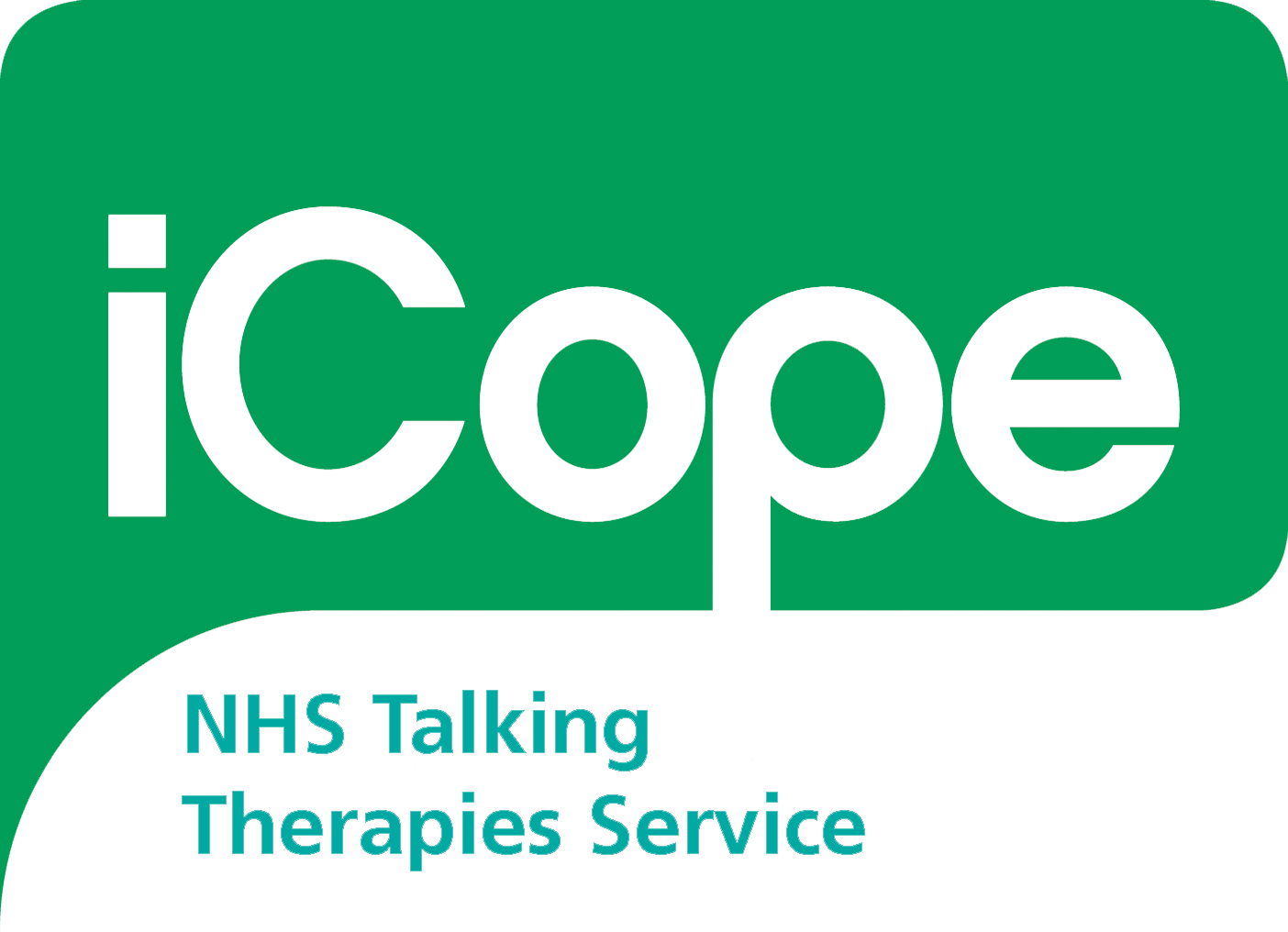Hello!
Thank you for taking the time to read this, I hope you find this helpful.
I am a Peer Well-Being Worker, but a few years ago I was a service user at iCope. My role is to bridge the gap between clinicians and services users, providing you with information as an expert in my experience of mental health difficulties, such as anxiety, low mood/ depression and providing you with tips and tools for using certain techniques in Cognitive Behavioural Therapy.
When I approached the service, I was suffering with anxiety, stress and I felt low and depressed. I found it scary attending the group because I felt I was the only one suffering from these symptoms. If I am honest, I thought there was something wrong with me and nobody else felt this way. When I started attending the group, I soon realised, how common my symptoms were and meeting people who were suffering from similar problems really normalised my difficulties.
Using the tools, which you will learn, has not only made me feel better but has helped me deal with life in a more constructive way, built up my resilience and face obstacles I never believed I could face.
I can’t say it was easy to start with and I really had to give myself a push to get into the swing of things. I felt overwhelmed and I struggled. Nevertheless, with persistence I began to feel rapid results and I must say CBT is a powerful process. I still need to use CBT from time to time especially in times of high stressors or need, but now it’s not something I need to use a lot of.
I accept everybody is different and everybody has a different story, including different recovery times and rates, but from my experience CBT is a very powerful tool that helped me immensely through my recovery.
A little word of encouragement,
“If it’s hard at first it becomes easier and practice makes it easier.”
I have some tips if you are interested…
Keep it up,
Attend as much as you can,
Complete the home tasks,
Seek help,
Ask questions,
Find the tools that work for you and keep note of them, somewhere that is easily accessible.
I saw light at the end of the tunnel, I believe you can to!




